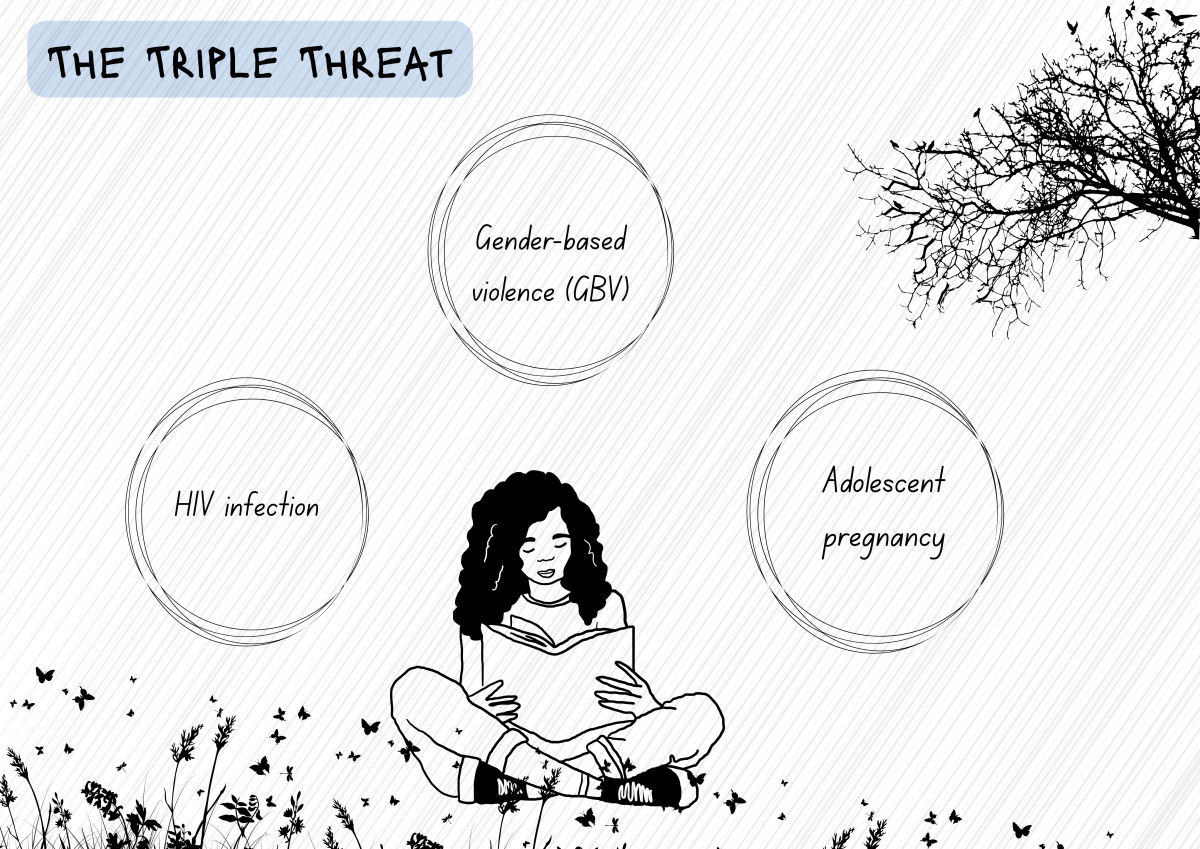Across Kenya, many adolescent girls and young women face what experts call the “Triple Threat”, that is the combined risks of HIV infection, gender-based violence, and early pregnancy. These challenges are deeply connected, feeding off one another and often trapping girls in cycles of vulnerability. Yet, a new report titled “Tackling the Triple Threat in Kenya” offers hope and practical direction on what truly protects our girls and it starts right at home.
The study found that three simple but powerful factors make all the difference: gender-equitable attitudes, food security, and parental monitoring. When girls and boys grow up believing they are equal, that they both deserve respect, education, and opportunity then the chances of a girl experiencing violence or early pregnancy drop significantly. This means that equality, something we often talk about as a value, is actually a form of protection. Parents and communities can reinforce this by teaching boys to see girls as equals, speaking out against harmful norms and encouraging both girls and boys to dream freely.
The research also highlighted the role of hunger. When families face food insecurity, girls become more vulnerable to child marriage or relationships driven by survival. A food-secure household not only nourishes bodies but also shields girls from difficult choices that can change their lives too soon. Every school meal, every community food drive, every effort to ensure a family doesn’t go hungry, is also an investment in a girl’s safety and future.
Perhaps the strongest shield, however, comes from home through parental involvement. Girls who are raised by parents or caregivers who know where they are, who they spend time with, and who communicate openly are far less likely to experience sexual violence, early pregnancy or child marriage. This isn’t about strict control, No this is about care, presence and connection. A simple conversation after school, knowing your child’s friends, or talking openly about relationships and safety can go a long way in keeping them protected.
Now when these three work together, then they become a solid protection. The report found that when a girl lives in a home that is food secure, guided by caring parents, and surrounded by gender-equitable values, her risk of facing violence, early pregnancy, or HIV drops from nearly one in four to less than one in twenty.
The triple threat just shows us how interconnected our lives are. We cannot tackle HIV without addressing violence. We cannot stop early pregnancies without ensuring food security. And we cannot build safer communities without changing the attitudes that devalue girls. The solutions lie in education, empathy, and empowerment, whether is at home, in schools and in the policies that shape our future.

